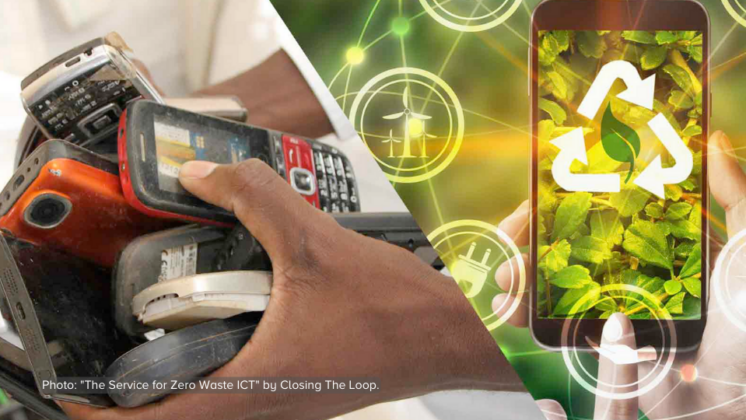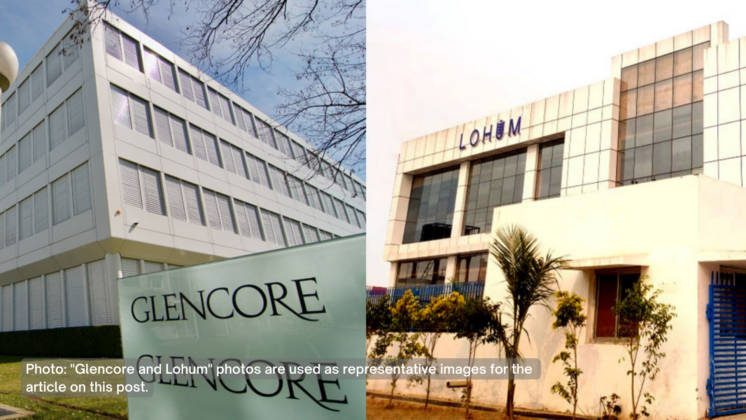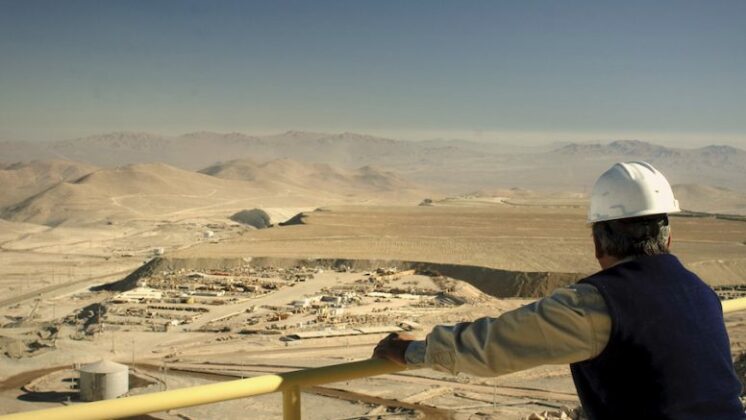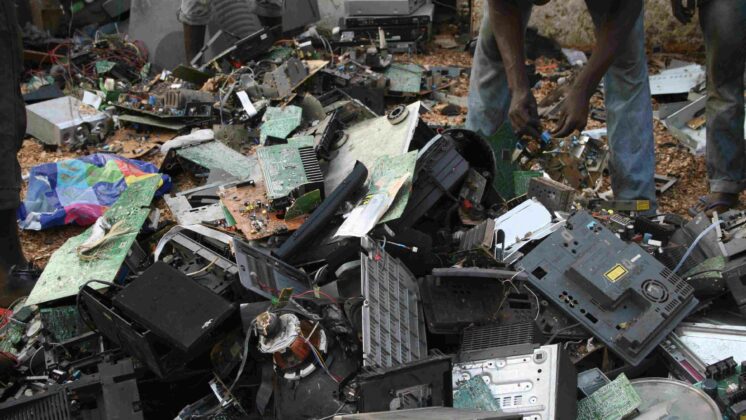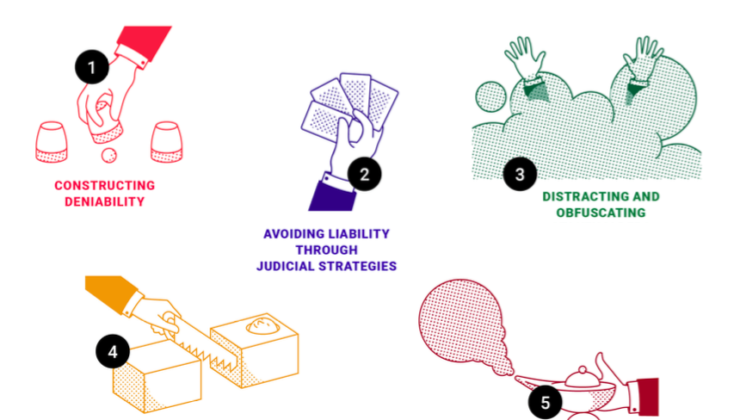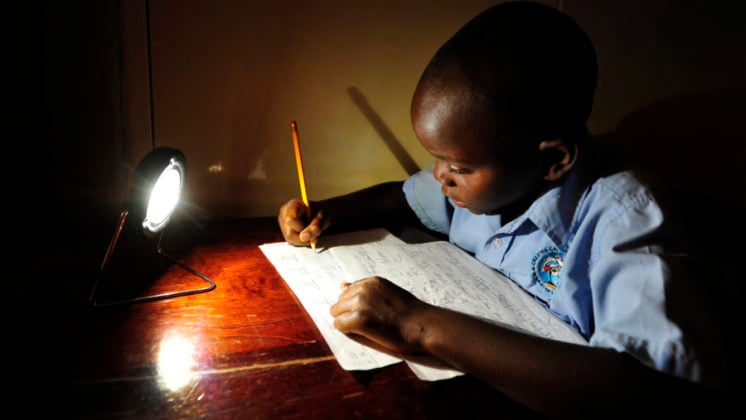December 11 and 12, Toxics Link is organising an international workshop on “Designing Take Back Systems for E-waste” in New Delhi, India. E- waste, one of the fastest growing waste segments globally, is of significant concern on account of high volumes and toxic material content. E-waste also contains valuable non-renewable materials; hence the necessity to recycle waste and reduce burden on mining of virgin materials. Some of these complexities and concerns for environment created conditions for the policy-makers in many parts of the world to involve the producers / product manufacturers to own responsibility for the end of life disposal of these products and introduction of a policy tool ‘Extended Producer Responsibility’ (EPR). In India, the E-waste (Management & Handling) Rules which came into force on 1st May 2012 are based on the EPR principle, but have not made any significant change on the ground in the past six months. Toxics Link has been engaged on the issue of E-waste for almost a decade, researching and suggesting sustainable solutions for E-waste management in India.
E- Waste, one of the fastest growing waste segments globally, is of significant concern on account of high volumes and toxic material content. E-waste also contains valuable non-renewable materials; hence the necessity to recycle waste and reduce burden on mining of virgin materials. Some of these complexities and concerns for environment created conditions for the policy-makers in many parts of the world to involve the producers / product manufacturers to own responsibility for the end of life disposal of these products and introduction of a policy tool ‘Extended Producer Responsibility’ (EPR).
Toxics Link has been engaged on the issue of E-waste for almost a decade. We have been responsible for various researches to highlight the issue in India and have also been very active in suggesting sustainable solution for E-waste management in the country. The organisation has been instrumental in pushing for a separate E-waste policy and has been working hard to create awareness and increase compliance.
The crisis on E-waste in India is deepened due to prevalent unscientific recycling in the unorganized sector. Improper handling and disposal of this toxic waste led the policy-makers to come up with a separate e-waste rules which was notified in 2011 and came into force on 1st May 2012. E-waste (Management & Handling) Rules 2011, based on EPR principle, has not made any significant change on the ground in the past six months.
India is facing a serious challenge as, in spite of the emergence of recycling infrastructure, we continue to struggle in adopting a sustainable waste Collection mechanism. This could be due to lack of knowledge and capacity on economically feasible and sustainable models suited to the India conditions.
In order to understand some of the systems currently operational in other countries and to analyze those fundamentals that can be suitably adopted in India conditions, Toxics Link proposes to explore and come up with some solutions with the help of National and International experts. The international workshop on “Designing Take Back Systems for E-waste” on 11th December 2012 at India Habitat Centre (IHC), Lodhi Road, New Delhi will bring together all stakeholders on one platform and discuss the various take back models possible for India.
Toxics Link is organising a small roundtable on the 12th December at India Habitat Centre with select participants to discuss some of the outcomes of the workshop and come up with recommendations.
For more information: [email protected] and [email protected]
Click here for Toxics Link Concept Note.


